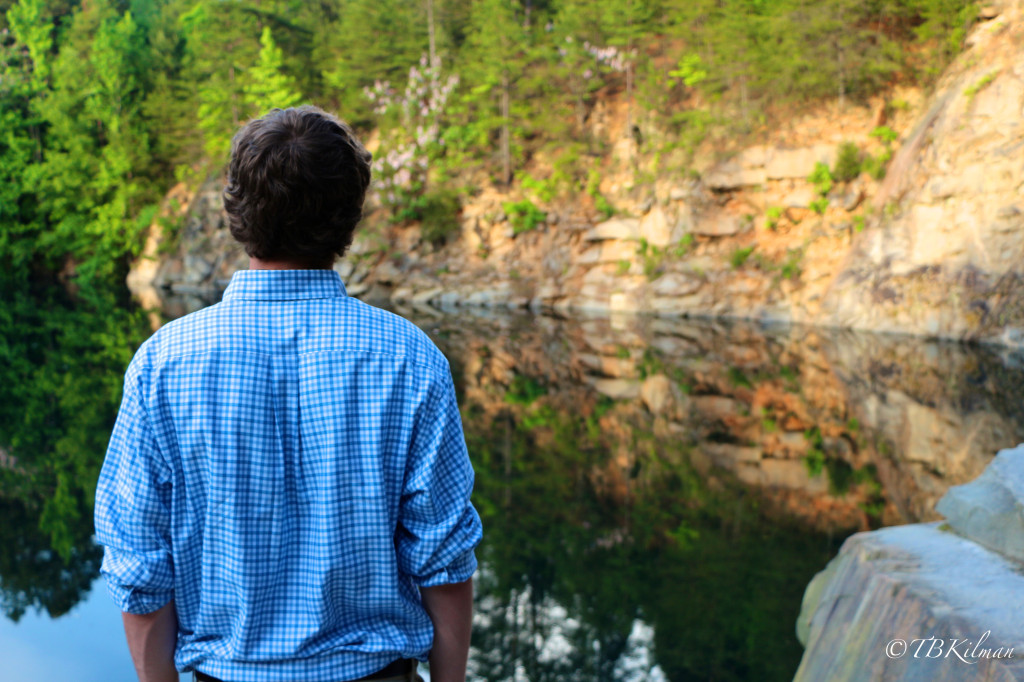Why Teens Terrorize Us
Excerpted from an essay by Lisa Heffernan on Grown and Flown.
I have a teen in my house who is leaving in a few short weeks. Despite the fact that I know that it is only a matter of days until I will bemoan his departure, I am still surprisingly adept at flying into a rage at him. His need to assert his newly adult self and my need to control what happens in my home are too often on a collision course. Despite our deep and abiding love for them, teens continue to terrorize us, creating the type of stress that scientists have now begun to measure.

One day your young person borrows your car, drives to a summer job and spends the day as an income-earning citizen fully capable of responsible employment. That very afternoon, your kitchen is trashed, there are dirty clothes carpeting the floor, and a well-established curfew has been dispensed with like it wasn’t even there. Your authority has been trampled. Your gas tank and refrigerator are empty, every inch of your car teems with discarded Gatorade bottles, beef jerky wrappers and trash that is simply beyond identification.
You remind yourself that this is what teens are like, alternately capable young adults and selfish self-involved children. You recall that it is the age, that they do not stay like this. If there are older children you throw your mind back to their transformation and then you turn around, willing yourself to be calm, and shriek, “WTF, that is the last time you borrow my car.”
I am alternately trying to figure out how to say goodbye to a child I love beyond reason and so apoplectic I cannot even speak to him. The seesaw that is raising a teen is a source of much stress. Some of it is undoubtedly my fault (or any parent’s fault) as we lurch around and grapple for steady ground as our children travel the rocky road to adulthood.
Teens terrorize us because:
- They are neither one thing nor another. They are capable of being sane mature adults and petulant children, in the very same conversation. They have the bodies of grown ups and the emotional range of toddlers. They are risk seeking missiles whose favorite phrase is “I got this” when it is patently clear that they’ve got nothing. Our protective urge is undiminished but our ability to assure their safety is vastly reduced. This alone can result in sky-high stress.
- They routinely overestimate their competence in dealing with adult matters. Even in the face of bad outcomes teens can struggle to see either their fault or how they could have done things differently. As parents with a lifetime of experience, this is painful to watch.
- They inhabit a world of very real consequences. Their missteps can have profound effects on their future (and on others) yet they struggle to understand the gravity of their attitudes and actions.
- They live on an emotional rollercoaster and as Lisa Belkin pointed out, they want us to ride it with them. She so aptly explains that we do not need to climb aboard with them (although it takes parents a while to learn this) but this still means that there is a fairground ride operating in our homes.
- It all happens so quickly and we can barely catch our breath. At age 14 only 13% of teens had used alcohol in the previous month by age 18 that number is 41%. Similarly before age 15, 16% of teens have had sex and four years later that number is 71%. By the time the leave for college 54% of kids have been sexting. Much is changing in their lives, experiences and perspectives and as parents we can struggle to keep up.
- It is just hard dealing with anyone, at any age, who already knows everything. This impenetrable fortress of knowledge is just one more battle ground in the fight between experience and the hubris of youth.
- Adolescents confuse understanding with agreement.They think saying so, makes it so, according to Sheras, “They think if they explain something to you adequately, you will agree with them. So when parents say, ‘I’m not going to let you do that,’ adolescents almost universally say, ‘You don’t understand.’”
- The influence of their peers outweighs ours. It is excruciating when you child values the insight of a peer (a mere child) whom he may have known for weeks or days, over the person who loves him the most and has his interest at heart (and BTW is an adult). It is hard not to wonder where their critical thinking has gone.
- The balance has shifted. When our kids were small and we were unhappy with them or disciplined them, they got angry or contrite but they were not indifferent. If, in doing our jobs as parents of teens we make them unhappy, they may now withdraw. Punishing our kids always felt bad, but the silent treatment or their physical retreat makes it even worse.
I have long subscribed the U shape theory of parenting which suggests that the most challenging days are at the beginning and the end and that the sweet spot of parenting lies in the middle. I once told my brother that I would do a deal with the devil if my then 6, 9 and 10 year olds could stay little forever. The devil wasn’t buying and my kids became teens.
